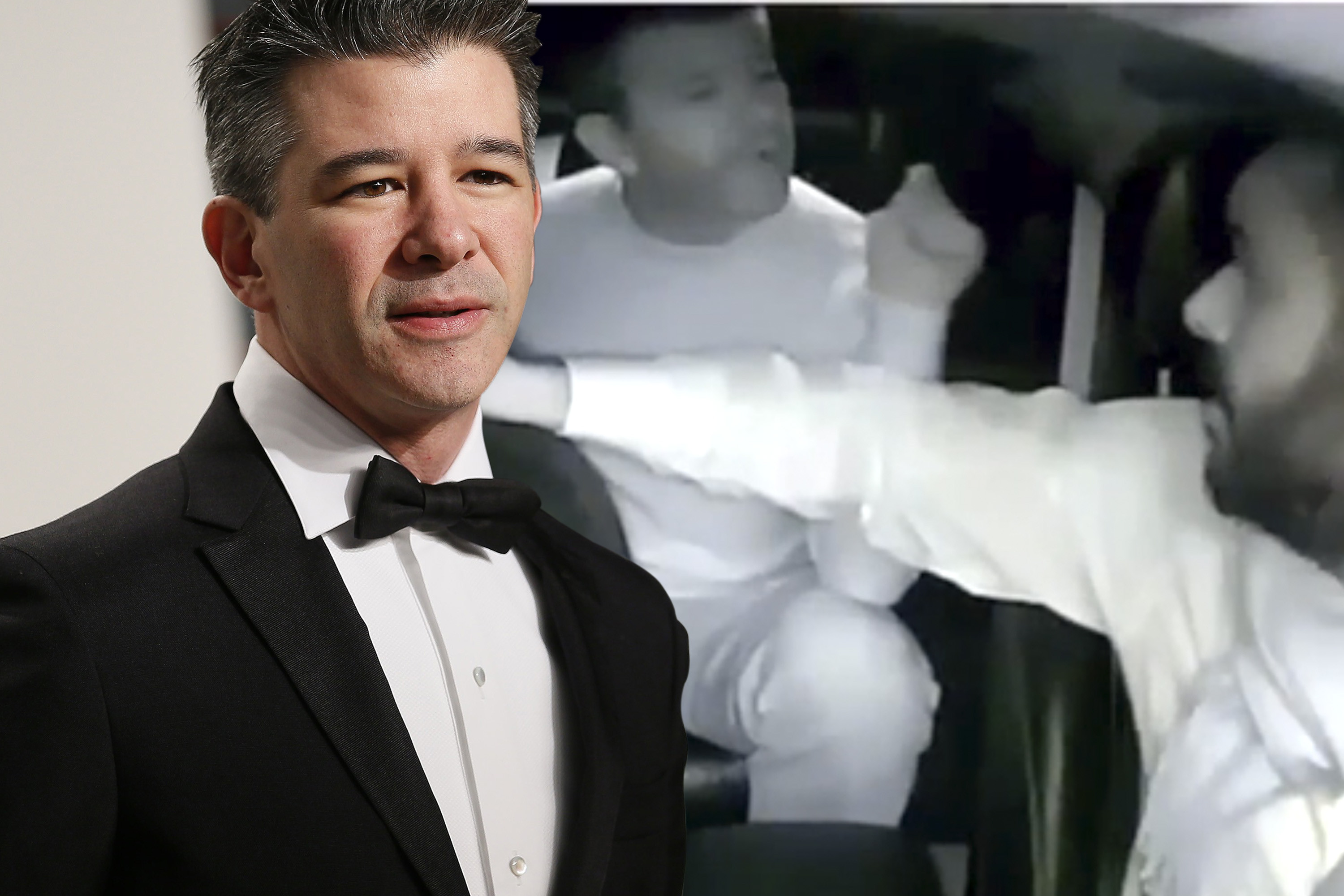Uber has not had a good start to its year. Uber CEO Travis Kalanick has been filmed swearing at one of the companies drivers who was expressing his grievances about falling incomes and the structure of payments. The day after Kalanick apologised to his employees stating “It’s clear this video is a reflection of me … a stark reminder that I must fundamentally change as a leader and grow up. This is the first time I’ve been willing to admit that I need leadership help and I intend to get it.”.
Executives like Travis Kalanick are of course humans, and alike to all have flaws and imperfections in social interactions and in the public eye . Not everyone can be pleased by a firm such as Uber’s actions the entire time as well, especially if you are at the cutting edge of technology and economics. Uber, similarly to Snapchat, AirBnB, Facebook or Tesla, is known for disrupting industries. With disruption, unforeseen circumstances come with it, even for the companies own employees. Therefore, what the driver of Uber expressed was a valid grievance and what Kalanick replied was a valid response.
But it is not as simple as a combination of the concept of disruption and human imperfections. The same way that we are outraged, or at least most people at university are, when politicians say questionable things, we are outraged at CEOs for this kind of speech. Why is this? Simple: we expect people in a position of public consciousness to express moderated and well-thought out statements. These individuals serve as role models to the public consciousness and when we have CEOs swear at anyone, not just employees. Not scowling CEOs for such flaws would set a precedent in our mind that power buys immunity. Although in a lot of cases it does, it shouldn’t and we know that.
In a similar way, Abercrombie & Fitches CEO Mike Jeffries, has been known for these kinds of discrepancies. For those that were not as involved back in the day, Jeffries said gems like this “I don’t want our core customers to see people who aren’t as hot as them wearing our clothing”. Naturally, this quote is significantly worst than what Kalanick said. However, it serves to illustrate a point.
When a company elects a leader, they elect someone who should represent the values of the company. Ugly questions arise when we have a leader like Jeffries or Kalanick, not just for consumers but also for investors. Even more ugly is that leaders like this persist; Jeffries was only kicked out after the company started to decline. Investors are willing to forego a lot of morality provided that returns are consistent. We have seen this in Enron, Lehman Brothers, Worldcom etc.
All of that being said, I am not in support of Kalanick resigning. I would like to believe that he made a mistake and that he will continue to take the company in the right direction. He is being proactive and seems to be on track to try and better the soft skills involved in leadership. This is different to the likes of Jeffries who never even realised their own flaws and imperfections.
By Tim Knickmann
Photo from: (New York Post)

